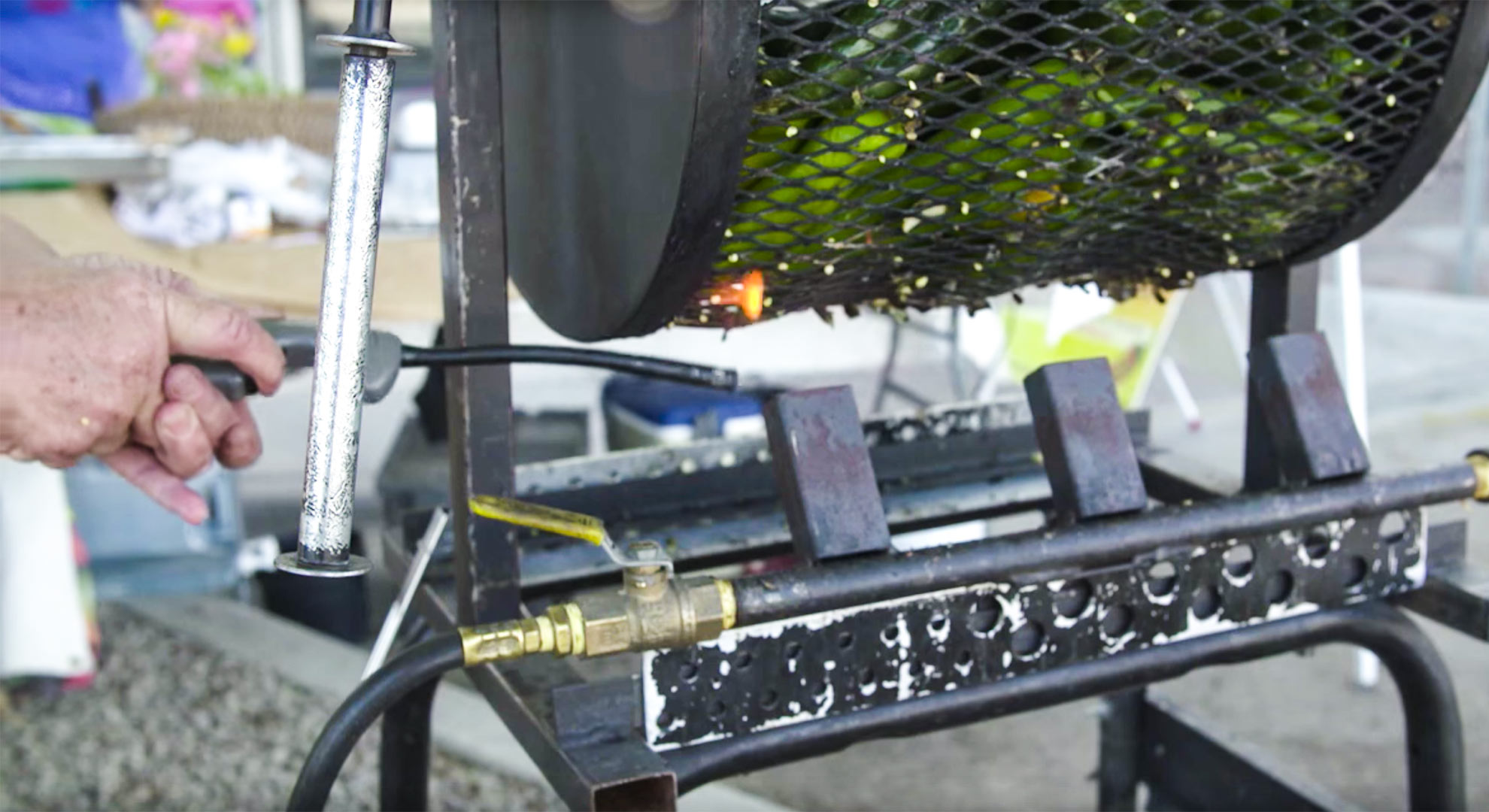 Lighting the flame to roast green chiles at a farmers market in Tucson.
Lighting the flame to roast green chiles at a farmers market in Tucson.
A report on Tucson food systems done by The Center for Regional Food Studies at the University of Arizona shows 14 community organizations make Tucson a leader in conserving food biodiversity.
Gary Paul Nabhan is the founding director of regional food studies at the UA. He said nonprofits like Desert Harvesters are thinking long term.
"Many of these organizations are, in a sense, sewing our future food security by bringing this diversity into our food ecosystem," Nabhan said.
Jonathan Mabry is with the University and worked on the proposal that earned the UNESCO city of gastronomy designation two years ago.
He says the purpose of the community organizations' involvement is to provide more public access to seeds and produce for low-income households.
"In every branch of the Pima County Public Library system, someone who has a library card can check out free seeds to check out and take home to grow healthy food at home."
The Arizona-Sonora Desert Museum and the San Xavier Farm Co-op are other examples of organizations that help inform the public on harvesting and culinary techniques of plants from Tucson's landscape.

By submitting your comments, you hereby give AZPM the right to post your comments and potentially use them in any other form of media operated by this institution.